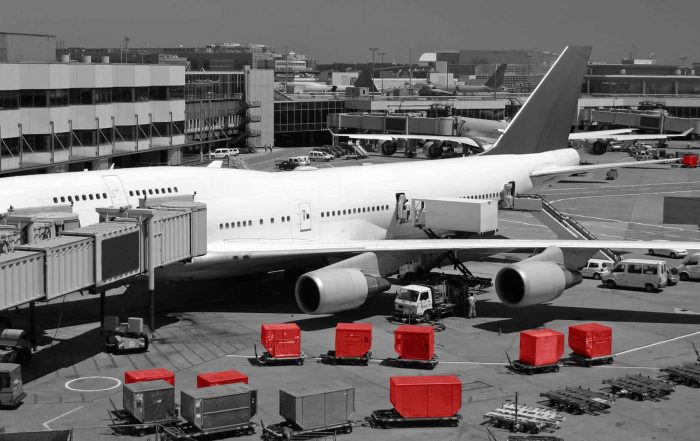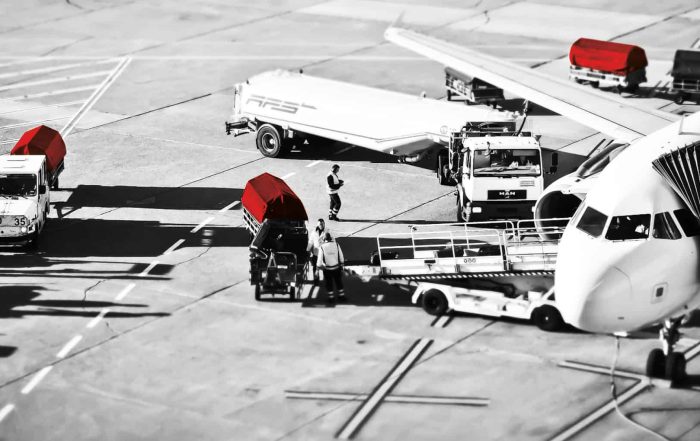In a critical development for global logistics, major aircraft manufacturers Airbus and Boeing have announced delays to their next-generation freighter programs, sparking fears of a looming air cargo capacity shortage. With demand for international freight continuing to rise—especially due to booming e-commerce—supply chain managers are bracing for tighter space, higher freight rates, and added strain on already stretched networks.
Why Aircraft Delays Matter for Logistics
The world’s air cargo fleet is ageing rapidly. Of the 630 large wide-body freighters currently operating, around 150 are at or near retirement age. Traditionally, new aircraft programs would replace older planes seamlessly. But with both Boeing and Airbus pushing back delivery schedules, the industry is facing a supply gap that could have lasting effects.
-
Boeing’s 777-8F: Delivery now delayed until 2028.
-
Airbus A350F: First deliveries expected late 2027, pushed back from earlier timelines.
These delays mean freight operators will be forced to stretch existing fleets further, invest in costly conversions of passenger aircraft, or compete more aggressively for available cargo space.

The Risks to Global Supply Chains
The potential capacity crunch could have ripple effects across international logistics:
-
Higher Freight Rates – Limited space often drives up pricing, putting pressure on shippers’ margins.
-
E-commerce Pressure – Online retail giants relying on rapid replenishment could see slower delivery times.
-
Geopolitical Risks – With trade lanes already disrupted by global tensions, fewer aircraft options could amplify vulnerabilities.
-
Reduced Flexibility – Businesses may face challenges securing space during peak seasons, increasing the risk of stockouts.
How Businesses Can Prepare
While manufacturers and airlines work to manage the capacity shortfall, shippers can take proactive steps to safeguard their operations:
-
Diversify Transport Modes – Explore a balanced mix of air freight and sea freight to spread risk and manage costs.
-
Plan Ahead for Peak Seasons – Secure contracts early to guarantee capacity, especially during holiday surges.
-
Leverage Freight Forwarding Expertise – Working with experienced forwarders like K&L Freight provides access to flexible routing options, multimodal strategies, and priority carrier relationships.
-
Invest in Visibility Tools – Real-time tracking and analytics help logistics managers adapt quickly when capacity shifts occur.
Long-Term Industry Outlook
Despite the challenges, the new freighters on the horizon promise improved fuel efficiency and lower emissions, aligning with the logistics industry’s push towards sustainability. However, until deliveries ramp up at the end of the decade, businesses will need to adopt resilient, flexible logistics strategies to manage tightening supply.
Conclusion
The delayed arrival of Boeing’s 777-8F and Airbus’s A350F has sent a clear signal to shippers: air cargo capacity will be under pressure for years to come. Businesses that prepare now—by diversifying modes, securing contracts, and partnering with trusted freight experts—will be best positioned to navigate the turbulence ahead.
With over 35 years in global freight forwarding, K&L Freight provides businesses with the insight and solutions to manage uncertainty in international logistics. Contact us today for assistance.
RELATED POSTS
AOG Logistics: How We Move Aircraft Parts Fast
When an aircraft is AOG (Aircraft on Ground), every minute matters. Maintenance teams need the right part in the right[...]
Repatriation Logistics: Getting it Right Every Time
When a death occurs overseas, families need clear, compassionate support to arrange repatriation—the safe return of their loved one’s remains[...]


